Robert Johnson, founder of RLJ Companies and BET, tells CNBC’s “Squawk Box” America must make reparations for slavery in order to address racial inequality. Robert Johnson, founder of Black Entertainment…
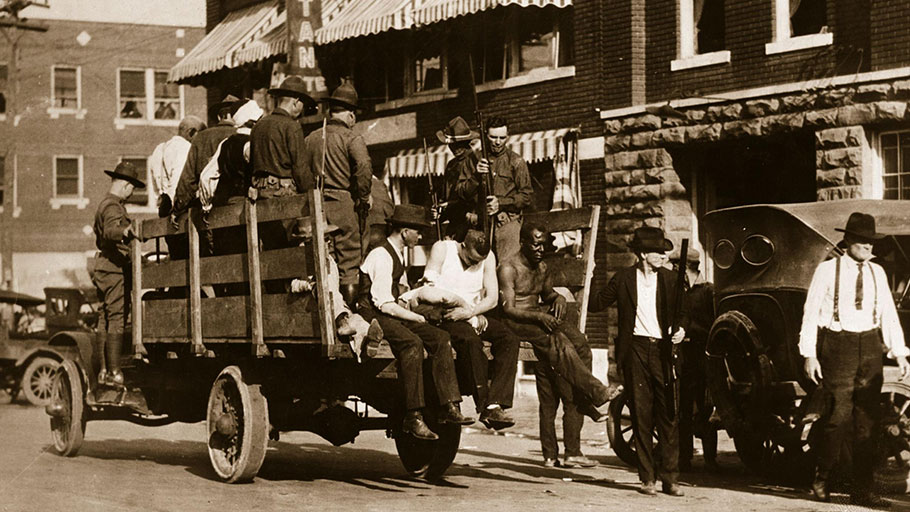
Demand for justice grows nearly 100 years after racist mob destroyed a black neighbourhood with impunity. By Alex Woodward, Independent — On 31 May, 1921, white mobs staged a two-day massacre of a thriving black town in Oklahoma, mounting one of the bloodiest episodes of racist violence in US history. After a black man in Tulsa was accused of assaulting a white woman, an armed mob supported by law enforcement and city officials…
Sunday, May 31, 2020 — The National African Reparations Commission (NAARC), American Civil Liberties Union (ACLU) and Human Rights Watch (HRW) hosted a virtual forum with leaders from around the…
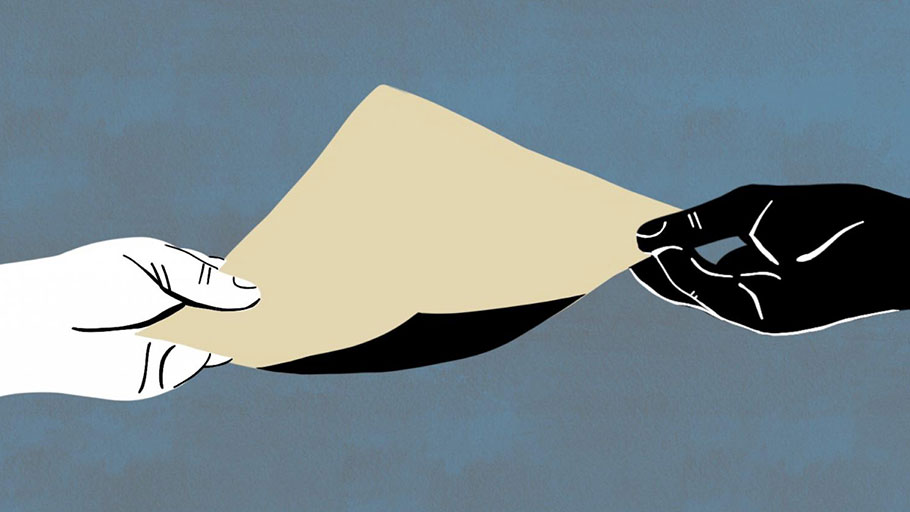
From indentured servitude to federal redlining, Evanston’s history is marked with colored lines. City officials and residents develop initiatives to address historical inequities with the recently established reparations fund. By Keerti Gopal, The Daily Northwestern — Maria Murray was 15 years old in 1855 when she was purchased out of slavery by a white family and brought to work as an indentured servant in their Evanston home. She was one…
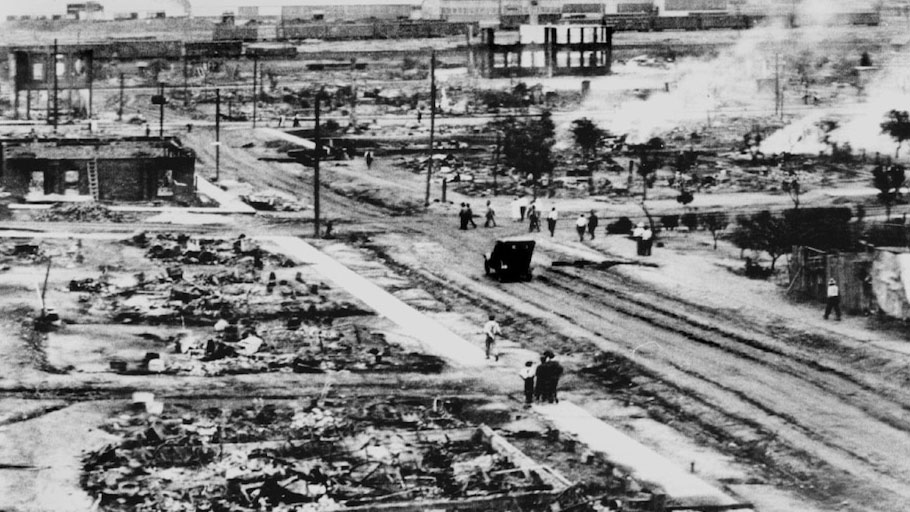
By DeNeen L. Brown, The Washington Post — On the eve of the 99th anniversary of the 1921 Tulsa Race Massacre, Human Rights Watch released a report Friday demanding reparations for survivors and descendants of the violence, which left hundreds of black people dead and blocks smoldering. “No one has ever been held responsible for these crimes, the impacts of which black Tulsans still feel today,” says the report, titled “The Case…
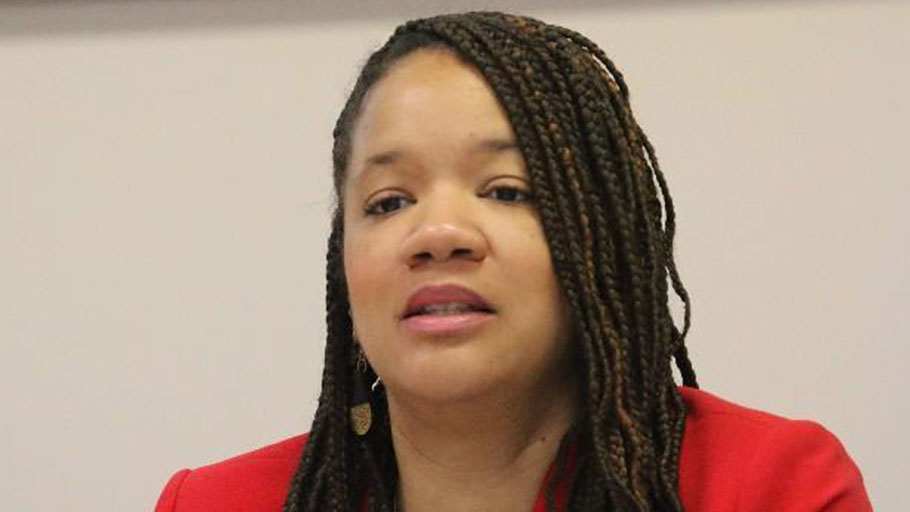
By Bill Smith, Evanston Now — About 100 people gathered online Thursday evening to hear presentations supporting Evanston’s reparation program and calls for more funding for it. Alderman Robin Rue Simmons, 5th Ward, who heads the City Council’s reparations subcomittee, told the town hall meeting she’s seeking support from anyone interested in the program, including family foundations, major donors, institutions and individuals. Alderman Ann Rainey, 8th Ward, the third member…
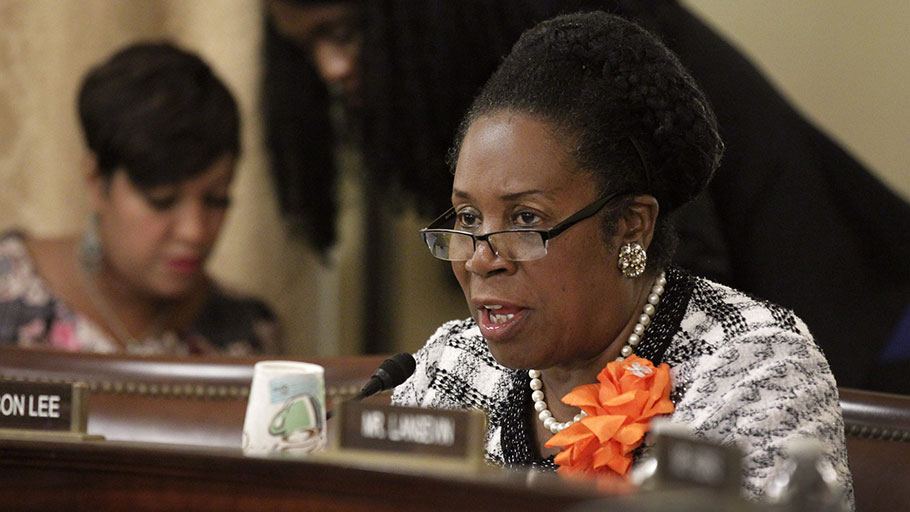
The conversation surrounding reparations is underway and the U.S. government must take a leading role. By Sheila Jackson Lee U.S. House of Representatives For nearly three decades, my former colleague…
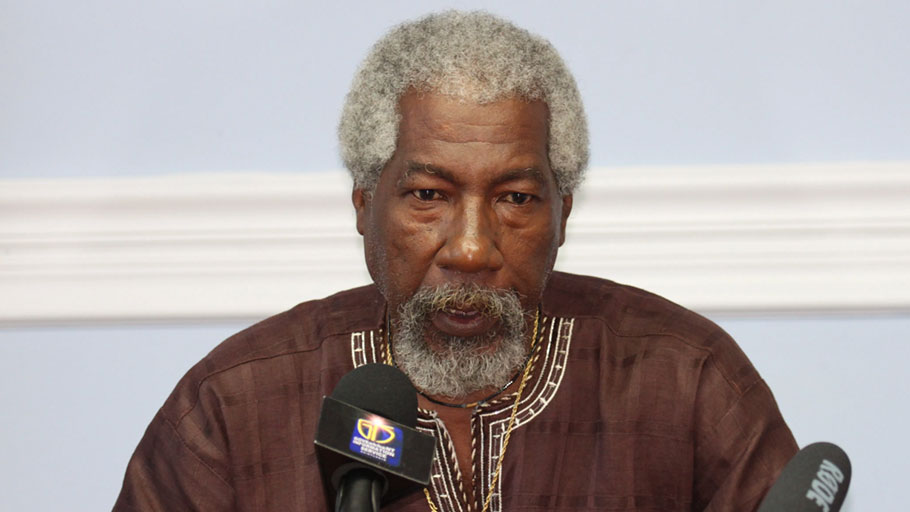
Chronicles Of A Chronic Caribbean Chronicler By Earl Bousquet — May 25th every year is still observed as ‘African Liberation Day’, as that was the date on which the Organization…
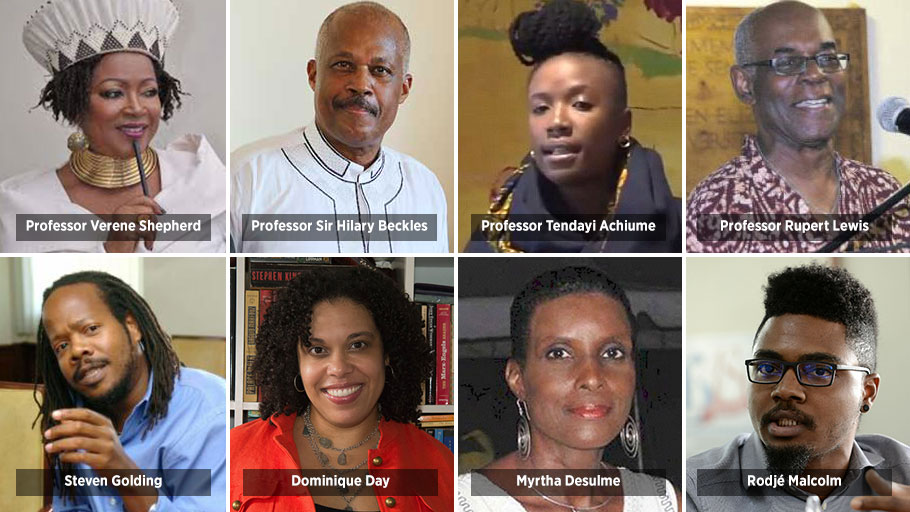
The Centre for Reparation Research (CRR) invites you to join and participate in our second virtual seminar on Monday, May 25, 2020 in celebration of African Liberation Day entitled “Equality,…
Video TRNN’s Jacqueline Luqman talks with NAARC Commissioner and N’COBRA National Male Co-Chair Kamm Howard about how the generations of racism created the conditions that made African Americans more susceptible…
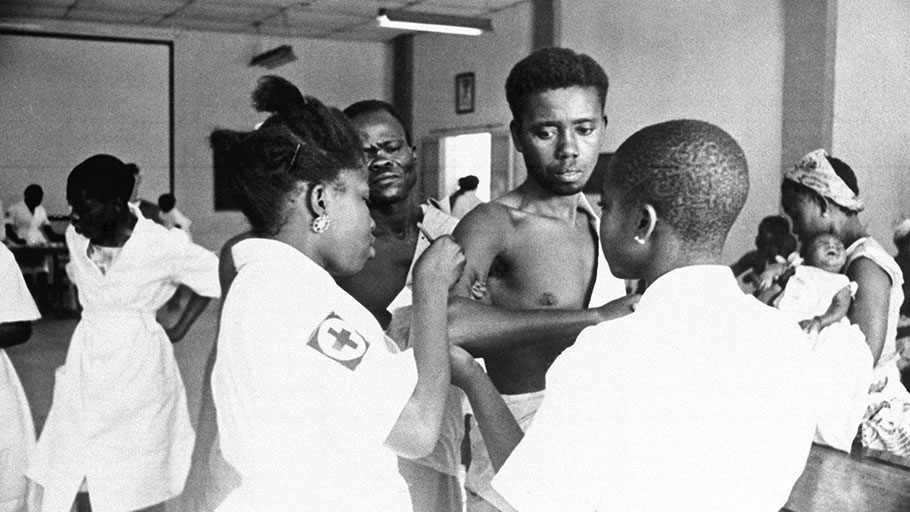
By Carey Baraka, Quartz Africa — In April 1721, a smallpox outbreak swept through Boston. This was the latest in a string of six epidemics that had, since, 1630, laid waste to the city. Cotton Mather, a local slave owner and preacher, claimed to be in possession of a way of preventing contraction of the disease. Mather, who had first come to public prominence as one of the thinkers behind…
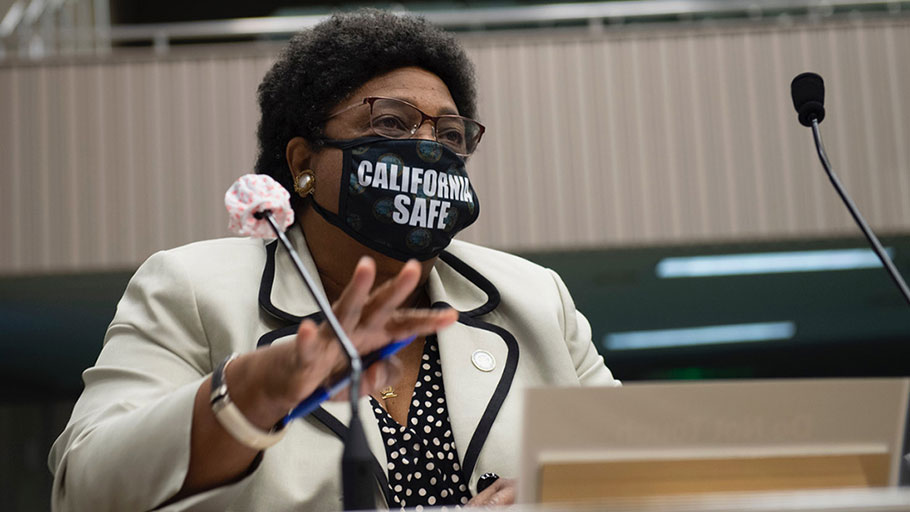
By Tanu Henry, California Black Media — On May 11, the California Assembly Judiciary Committee voted yes on a bill that would mandate the state to set up an 8-member commission to examine how California engaged in — and benefited from — the enslavement of Black men, women and children. If the bill, AB 3121, passes, it would charge the commission with coming up with proposals for redressing the “negative…














